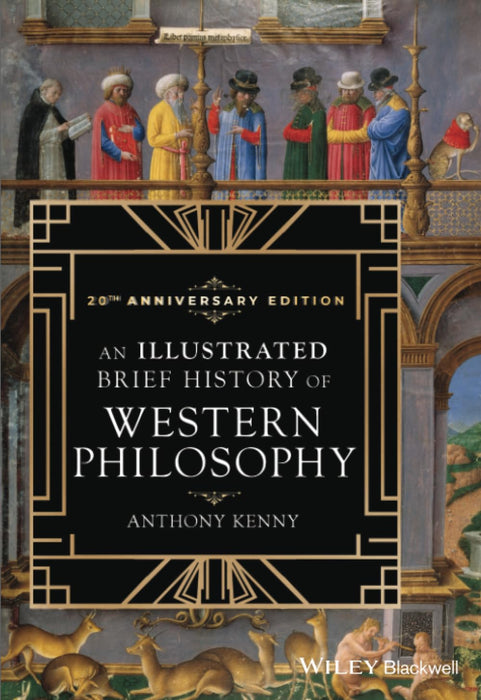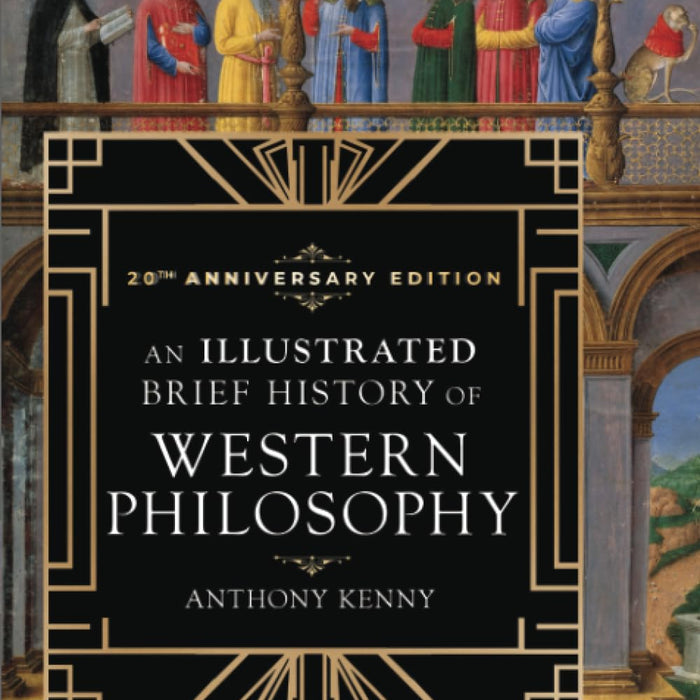An Illustrated Brief History of Western Philosophy by Anthony Kenny (Author)
- Publisher: PHILOSOPHY
- Availability: In Stock
- SKU: 45162
- Number of Pages: 474
Rs.1,190.00
Rs.1,495.00
Tags: academic philosophy , Anthony Kenny , Aristotle , best books , Best Price , Best Selling Books , Brief History Of Western Philosophy , classic philosophy books , Descartes , Greek philosophy , history of Western thought , Illustrated Brief History of Western Philosophy , illustrated philosophy book , introduction to philosophy , Kant , Nietzsche , Online Bookshop , philosophical foundations , philosophical history , philosophical ideas , philosophical thinkers , philosophical traditions , philosophy and religion , philosophy book for students , philosophy concepts , philosophy course material , philosophy education , philosophy in history , philosophy learning , philosophy of ethics , philosophy of science , philosophy overview , philosophy reference book , philosophy study guide , philosophy textbook , Plato , timeline of philosophy , Western Philosophy , Western thinkers
📘 Title Name: An Illustrated Brief History of Western Philosophy
✍️ Author: Anthony Kenny
📦 Quality: Matt Paper
🕮 Edition: 3rd Edition
🔹 Introduction:
An Illustrated Brief History of Western Philosophy by Anthony Kenny offers a masterful overview of philosophical thought from ancient Greece to modern times. Enriched with illustrations, it simplifies complex ideas for both students and general readers.
🔑 Key Points:
-
Provides a clear, chronological journey through major Western philosophers and their ideas.
-
Covers key figures such as Plato, Aristotle, Descartes, Kant, and Nietzsche.
-
Combines visual illustrations with concise explanations for better understanding.
-
Explores how philosophy influenced science, religion, and modern thinking.
-
Written in a highly accessible style, perfect for beginners and enthusiasts alike.
🔹 Conclusion:
Anthony Kenny’s An Illustrated Brief History of Western Philosophy is an engaging, informative, and beautifully structured guide that brings centuries of thought to life, making philosophy approachable and inspiring for all readers.

























